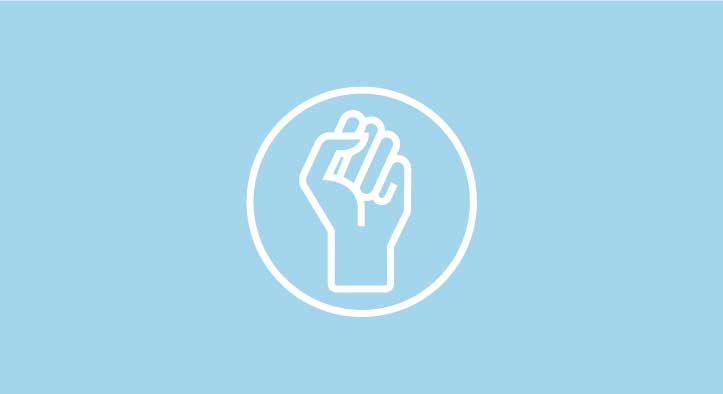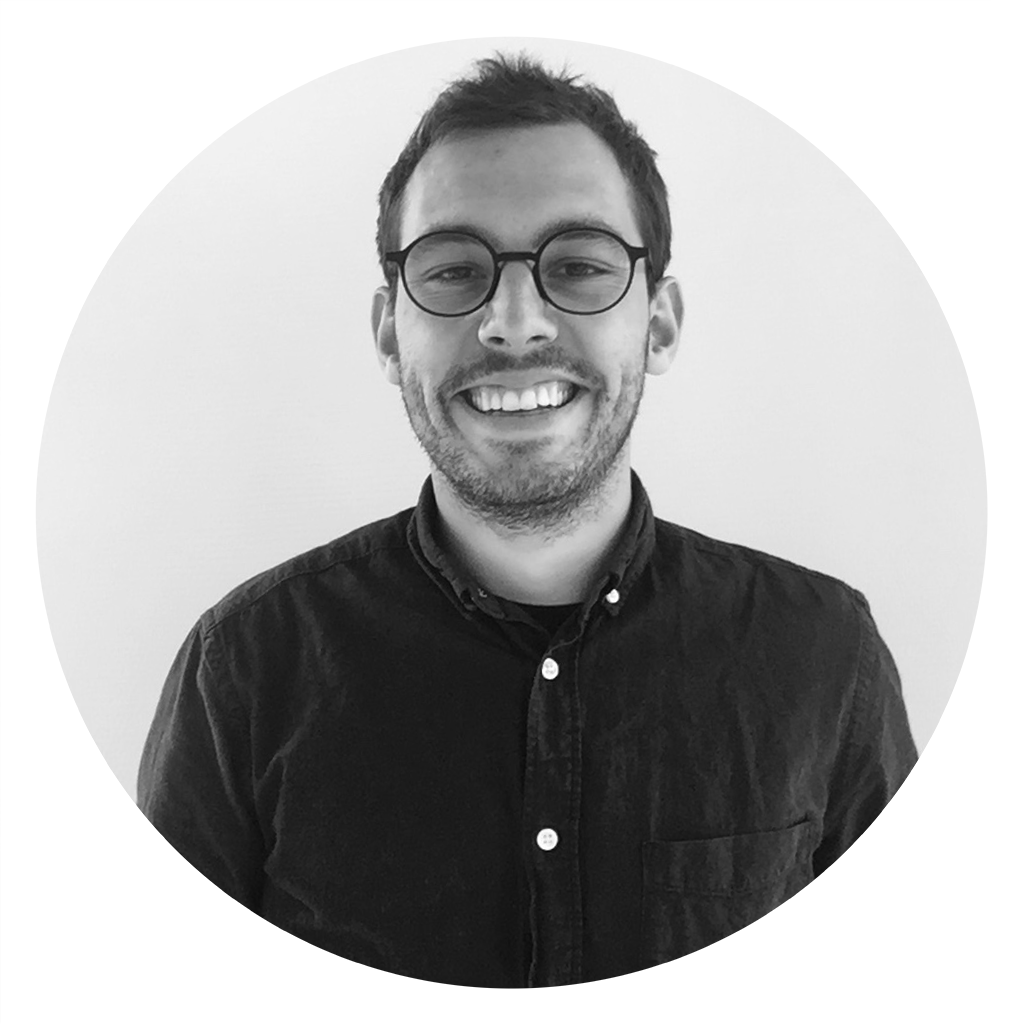MHE’s reaction to the call for good practices on voluntary care by the DH Bioethics Committee of the Council of Europe

Collection of practices is promising, but to move towards full compliance with human rights DH-BIO needs to drop the draft Additional Protocol to the Oviedo Convention
From July-December 2020, the of the Council of Europe’s (CoE) Committee on Bioethics (DH-BIO) invites individuals and organisations to submit promising practices that “promote voluntary measures in mental healthcare, both at a preventive level and in situations of crisis “. The call for practices follows a round table discussion organized by DH-BIO in November last year (which MHE attended), presenting the scope and methodology to persons with lived experiences, medical and health care professionals as well as representatives from the Office of the Commissioner for Human Rights and the European Committee for the Prevention for Torture and Inhuman or Degrading Treatment or Punishment. The call will contribute to the strategic action plan adopted by the DH-BIO in November 2019.
While appreciating the approach taken in the preparation of the call, Mental Health Europe (MHE) would like to outline that the definition of criteria and the final selection of practices needs to be done in partnership with civil society, in particular persons with lived experiences and persons with psychosocial disabilities. The compendium also needs to be considered in the light of similar activities, such as the Quality Rights Initiative by the World Health Organisation (WHO), as well as MHE’s reports towards ending coercion in mental health and promising practices on supported decision-making.
However, while this call is a promising initiative, it is overshadowed by the Committe’s ongoing work on the draft Additional Protocol to the Oviedo Convention. In December 2019, the DH-BIO made a formal request to the European Court of Human Rights with questions related to the legal interpretation of Article 7 of the Oviedo Convention. It is the first time that the Court is addressed through such a request. MHE strongly condemns the continuing work of the draft Additional Protocol by the DH-BIO. Together with other organisations from civil society and persons with lived experiences, MHE will continue to oppose the draft, constituting a violation of the rights enshrined in the UN Convention on the Rights of Persons with Disabilities (UNCRPD).
Additional information
The work on the Additional Protocol to the Convention on Human Rights and Biomedicine (Oviedo Convention) was started in 2013 by the DH-BIO under the mandate received from European countries that are members of the Council of Europe. MHE, along with other organisations representing people with lived experience, United Nations experts and internal bodies of the Council, have strongly opposed the DH-BIO’s work on the Additional Protocol and urged to withdraw the draft.
The Protocol aims to regulate ‘involuntary placement and treatment of persons with mental disorders’, an intent that is not compliant with the UNCRPD and risks solidifying forced treatment and institutionalisation of persons with psychosocial disabilities.
- See a non-exhaustive compilation of statements opposing the draft protocol to the Oviedo Convention of the Council of Europe
- Watch our video summary of contributions to the UN Consultation on Human Rights and mental health
- Watch Kristijan Grdjan speaking against the Protocol at a UN consultation on ‘Identifying strategies to promote human rights in mental health’ in Geneva, Switzerland, May 2018
- Read Council of Europe’s Commissioner for Human Rights address to the Parliamentary Assembly on the subject of ending coercion in mental health
- Read an open letter to the Council of Europe’s Secretary General regarding the draft additional protocol to the Oviedo Convention, of which MHE has been a co-signatory
- Read our response to the public consultation in 2015
- Read MHE statement with the European Network of (ex-) Users and Survivors of Psychiatry in 2017
Stay connected
Get our latest news, personal stories, research articles, and job opportunities.

